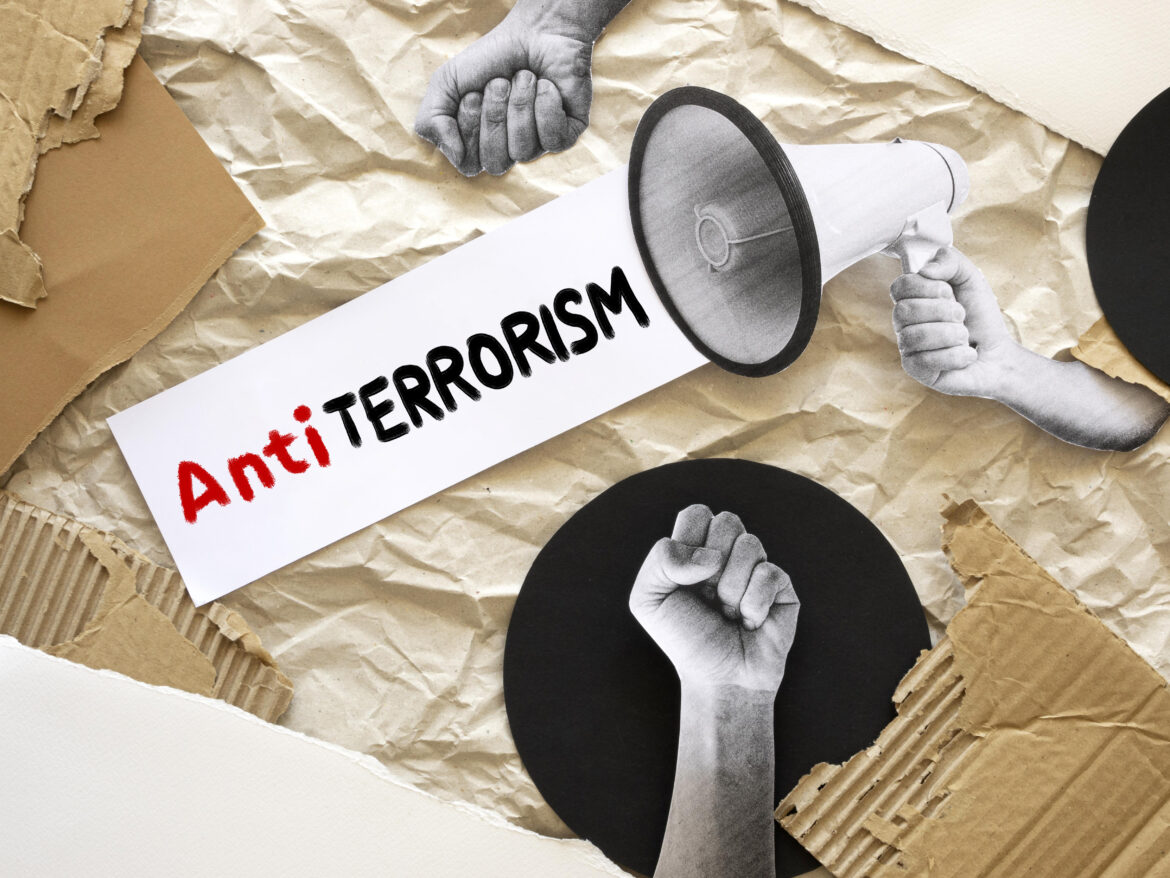Table of Contents
In an era marked by technological advancement, globalization, and interconnected societies, the persistence of antisemitism remains a sobering reminder of humanity’s struggle against prejudice. While progress has been made in fostering inclusivity and understanding, the resurgence of antisemitic incidents worldwide raises pressing questions about the root causes of hatred and the urgent need for collective action.
A Resurgence of an Ancient Prejudice
Antisemitism is far from a relic of the past. According to the Anti-Defamation League (ADL), global antisemitic incidents have risen alarmingly in recent years. From hate speech online to physical attacks on Jewish communities, the manifestations of this age-old prejudice are evolving in dangerous ways. In 2024 alone, many countries reported double-digit increases in incidents ranging from vandalism of synagogues to public demonstrations filled with anti-Jewish rhetoric.
This troubling trend is not confined to one region. Europe, often heralded for its progressive values, has witnessed a rise in extremist ideologies targeting Jewish populations. Meanwhile, in North America, high-profile incidents on college campuses and public spaces underscore the challenge of combating antisemitism in societies that pride themselves on diversity and freedom.
Modern Drivers of Antisemitism
Several factors are fueling this resurgence, each intertwining to create a complex web of prejudice and misinformation:
1. Digital Platforms and Hate Speech
The digital age has amplified the reach of hate speech. Social media platforms, while fostering global connections, have also become breeding grounds for misinformation and harmful stereotypes. Algorithms designed to promote engagement often inadvertently amplify divisive content, allowing antisemitic narratives to spread unchecked.
2. Geopolitical Conflicts
Tensions in the Middle East, particularly surrounding the Israeli-Palestinian conflict, often spill into global discourse, leading to a conflation of legitimate political criticism with outright antisemitism. This dynamic fuels hostility, as debates about policy are sometimes weaponized against Jewish communities worldwide.
3. Economic and Social Uncertainty
Periods of economic instability historically correlate with a rise in scapegoating and prejudice. As societies grapple with inflation, job insecurities, and political polarization, marginalized groups—such as Jews—become targets of unfounded blame for systemic issues.
4. Ignorance and Lack of Education
A lack of education about the Holocaust, Jewish history, and the diverse contributions of Jewish communities perpetuates stereotypes and fosters misunderstanding. Disturbingly, studies reveal a declining awareness among younger generations about the atrocities of the Holocaust, with many unable to identify its significance or key events.
The Global Impact of Antisemitism
Antisemitism has far-reaching consequences, impacting not only Jewish communities but also the broader fabric of societies. When prejudice is left unchecked, it erodes the foundations of democracy, equality, and human rights. Economically, antisemitic attitudes can stifle innovation and collaboration, while socially, they create divisions that weaken communities.
The Role of Jewish Contributions
From advancements in science and technology to contributions in art, literature, and business, Jewish communities have played a pivotal role in shaping the modern world. Ignoring or undermining these contributions not only diminishes the historical record but also robs societies of the opportunity to celebrate shared achievements.
Charting a Path Forward: Education and Action
The battle against antisemitism requires a multifaceted approach, combining education, policy, and community engagement. Here’s how global efforts can address this pressing issue:
1. Promote Holocaust Education
Governments and educational institutions must prioritize teaching the history and lessons of the Holocaust. Interactive tools, survivor testimonies, and museum programs can ensure that younger generations understand the devastating consequences of unchecked hatred.
2. Strengthen Online Regulation
Social media platforms must take a more proactive stance in combating hate speech. Enhanced content moderation, stricter enforcement of community guidelines, and partnerships with organizations like the ADL can curb the spread of antisemitic rhetoric online.
3. Empower Allies
Communities and leaders must work together to foster allyship and solidarity. Building coalitions across different ethnic, cultural, and religious groups can create a united front against prejudice.
4. Enforce Anti-Discrimination Laws
Governments must ensure robust enforcement of laws that protect against hate crimes and discrimination. Clear legal frameworks and accountability mechanisms are essential to deter acts of antisemitism.
A Call to Action: Build a World Free of Hate
The rise of antisemitism is not just a Jewish issue—it is a global one. Its persistence challenges the progress of humanity and underscores the importance of standing together against hatred in all its forms. Change begins with awareness and action.
At Innovation Times, we are committed to fostering understanding, inclusivity, and informed discussions. Stay updated with our in-depth analyses, expert perspectives, and actionable insights on global issues shaping our world.
Sign up today at www.innovationtimes.com to join a global community dedicated to progress and innovation. Together, we can build a brighter, more inclusive future.



